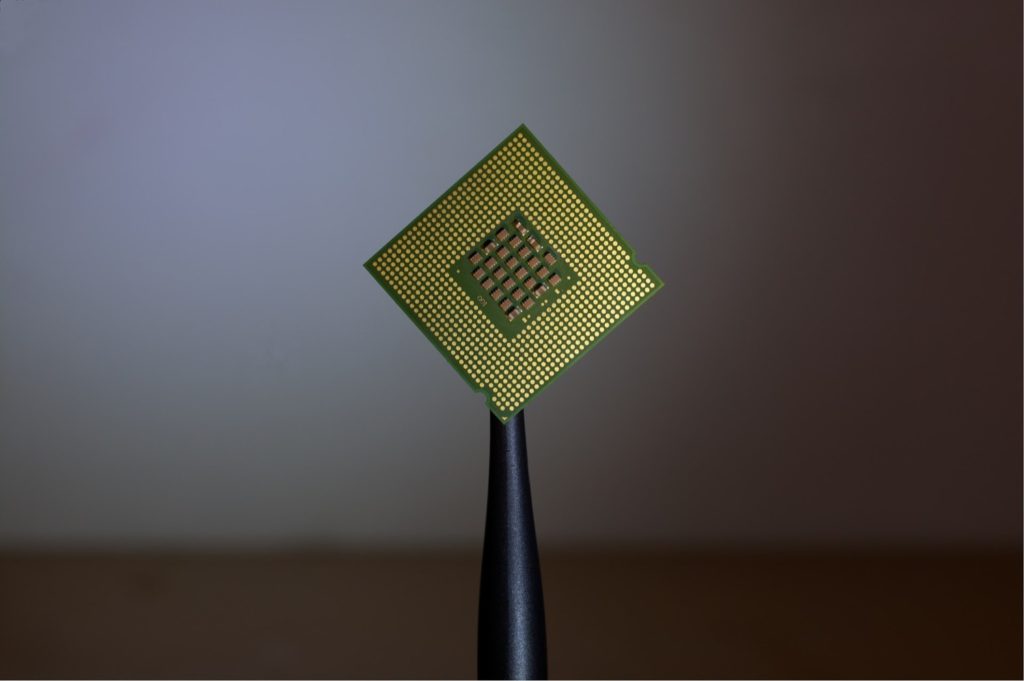
A future where the human body could become the device through which to share data and access services. Until recently we would have relegated these fantasies to filmic and sci-fi settings, in Blade Runner or Matrix style. Today it is a reality, with all the ethical doubts that such a technology can bring with it. We are talking about a subcutaneous microchip which allows you to open the doors of your home and office, show your ticket on the train or pay for purchases as you already do today with a normal contactless credit card.
Ilgi Evecan: "With the microchip I save time and thoughts"
The story of Ilgi Evecan, told in an interview with La Stampa, is indicative. The Swedish manager, who works for the Pernod Richard Absolut Vodka group, was one of the first to have the implant done two years ago: and now, according to her words, she would never go back. «I had the chip implanted to simplify my life and because I am very curious, I love the news and the exploration of the potential of technology. I'm Swedish, I'm just plain pragmatic, and the chip saves me time and thoughts». With the microchip implanted under the skin, Ilgi enters the gym, pays the train, books tickets to the theater, the cinema, uses it instead of the badge to enter the office, makes payments (limited for now).

It is sufficient to place the chipped hand on the smartphone on which he wants to download the data and the recipient, through an app, receives contact, presentation and any information Ilgi decides to share. "The implant is practically painless, like a slight pinch. A tattoo artist did it for me during a Nordic Technologic Summit in Stockholm »explains the Swedish manager. Cost? 100 euros and the microchip is implanted in 5 minutes. The implants use the Nfc-Rfid technology (radio frequency identification) passive, i.e. they do not have a battery or other power source and therefore cannot transmit any signal independently. They would also be equipped with state-of-the-art security protocols. To those who object that any device can be hackable, the creators of the chip respond that following this criterion we should also throw away our contactless phones and credit cards.
Subcutaneous microchip, Biohax looks to Italy
It seems that in Sweden, according to what a Euronews article, thousands of citizens have already agreed to test this technology on themselves. And the next market could be Italy: one of the most active companies in the sector, the Swedish Biohax, claims that the microchip is awaiting approval in our country by medical centers and the ministry of health. The company plans to implant a chip in around 2,500 people in the first 6-8 months in Milan and Rome. News that has already alerted swarms of keyboard conspirators: the conspiracy theories they multiply, with real hoaxes circulating on the net that accused Prime Minister Conte of being in league with the Swedes to install microchips without the knowledge of the Italians.
Sjöblad the bodyhacker: this is how we will monitor health
The startup Ilgi Evecan turned to, cited in a Guardian article, it is called instead Dsruptive and his mentor is Hannes Sjöblad, associated with the transhumanist community in Sweden and co-founder of the Bionyfiken network. He defines himself as a bodyhacker, and his vision is that of a future in which the human body will have "radically different" capabilities than today. Dsruptive's microchips, in fact, go far beyond what the Swedish manager had described in the interview with La Stampa because they also deal with health. A solution to monitor people's health, especially in times of pandemics like ours? The applications could really be innumerable, especially in the field of remote diagnostics: small subcutaneous implants, equipped with sensors that allow users to check vital parameters (heartbeat, pressure, temperature), and in case of diseases the alteration of values, at any time simply by scrolling the system with the telephone.
Andrea Fasulo





